Garbage Bags
Be one step ahead with us.
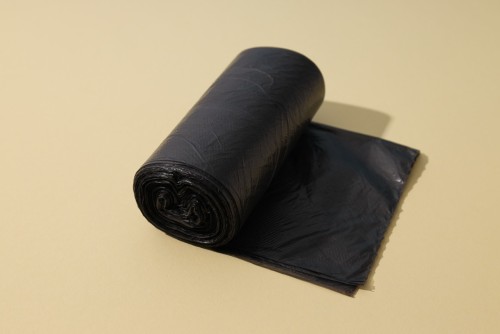
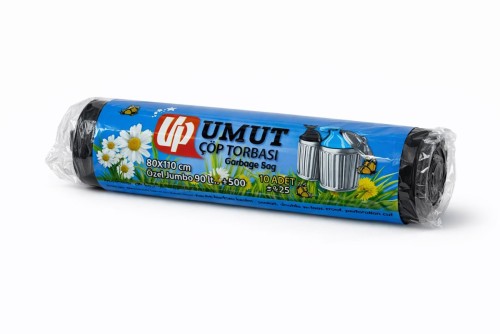
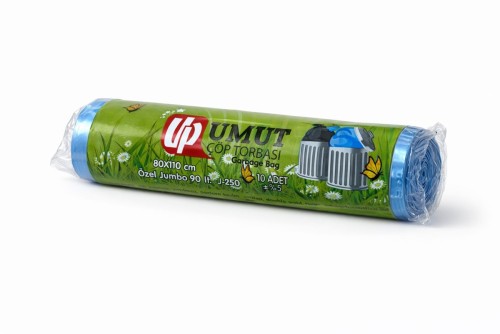
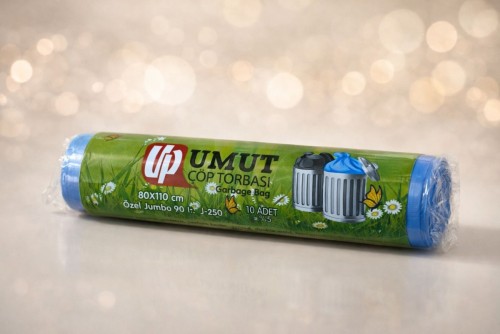
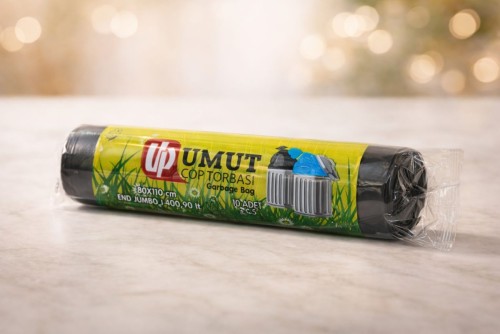
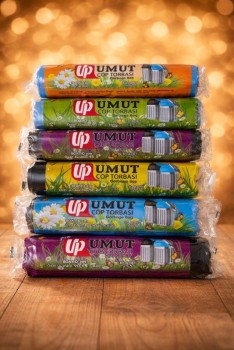
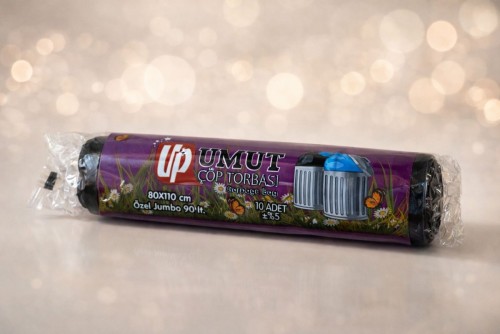
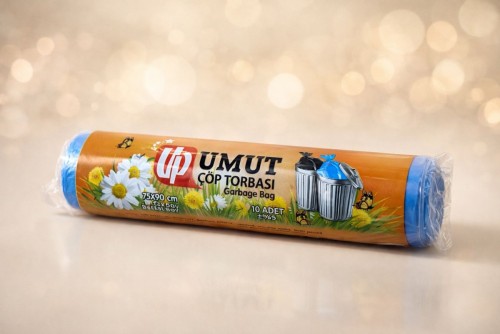
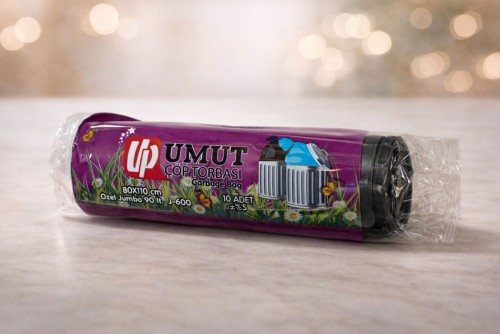
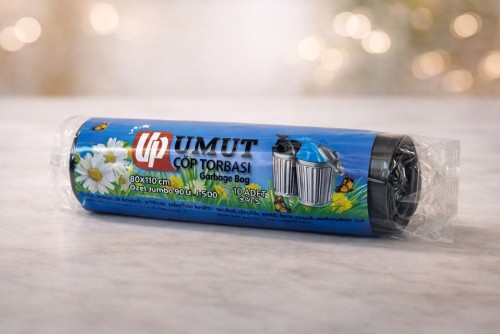
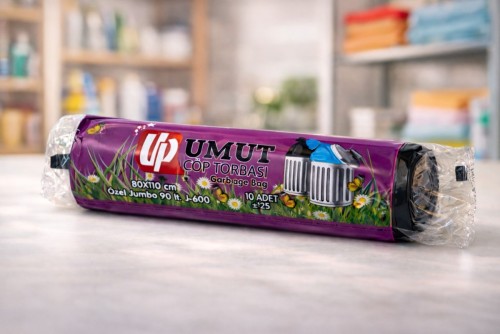
♻️ Trash Bags: An Indispensable Helper for Cleanliness and Hygiene
Trash bags, which have become an indispensable part of daily life, play a crucial role in maintaining hygiene and order both in homes and workplaces. Though they may seem like simple plastic bags, they actually involve serious manufacturing technology, environmental responsibility, and functionality.
✅ What Are Trash Bags?
Trash bags are special plastic bags used for the hygienic collection and transportation of household, industrial, and commercial waste. These bags cater to various usage areas with their leak-proof structures, durability, and a variety of size options.
While bags ranging from 10 to 60 liters are commonly preferred for household use, larger, thicker, and more durable trash bags over 100 liters are used in industrial or bulk-use areas. These products, packaged in rolls, provide ease of use and save space.
🧪 Manufacturing Materials and Types
The raw materials frequently used in the production of trash bags are LDPE (Low-Density Polyethylene) and HDPE (High-Density Polyethylene). These materials provide the bags with elasticity and resistance to tearing.
In some special productions, recycled materials are used to create environmentally-friendly products, and biodegradable trash bags are available in the market as alternatives that do not harm the environment.
Trash bags can be classified according to their usage purposes as follows:
-
Standard Household Bags
-
Industrial Thick Bags
-
Medical Waste Bags (red-colored, sterile)
-
Organic Waste Bags
-
Recycling Bags (colored)
🌍 Environmental and Recycling Awareness
As the environmental impact of plastic consumption becomes a topic of discussion, a responsible production-consumption model is becoming increasingly popular among manufacturers and consumers. The recycled raw materials used in trash bag production not only allow for the reevaluation of waste plastics but also reduce the harm to nature.
Additionally, the production of bags in different colors (such as black, blue, red, green) enables the segregation of waste at the source. This makes recycling processes more efficient.
🏢 Industrial Use and Wholesale Production
Companies like Global Umut Plastik target both household users and institutions with bulk consumption, such as municipalities, schools, and hospitals, in trash bag production. Products are typically produced in roll form, loop or individual units, and printed or unprinted. Especially thick and puncture-resistant bags are preferred for transporting industrial waste.